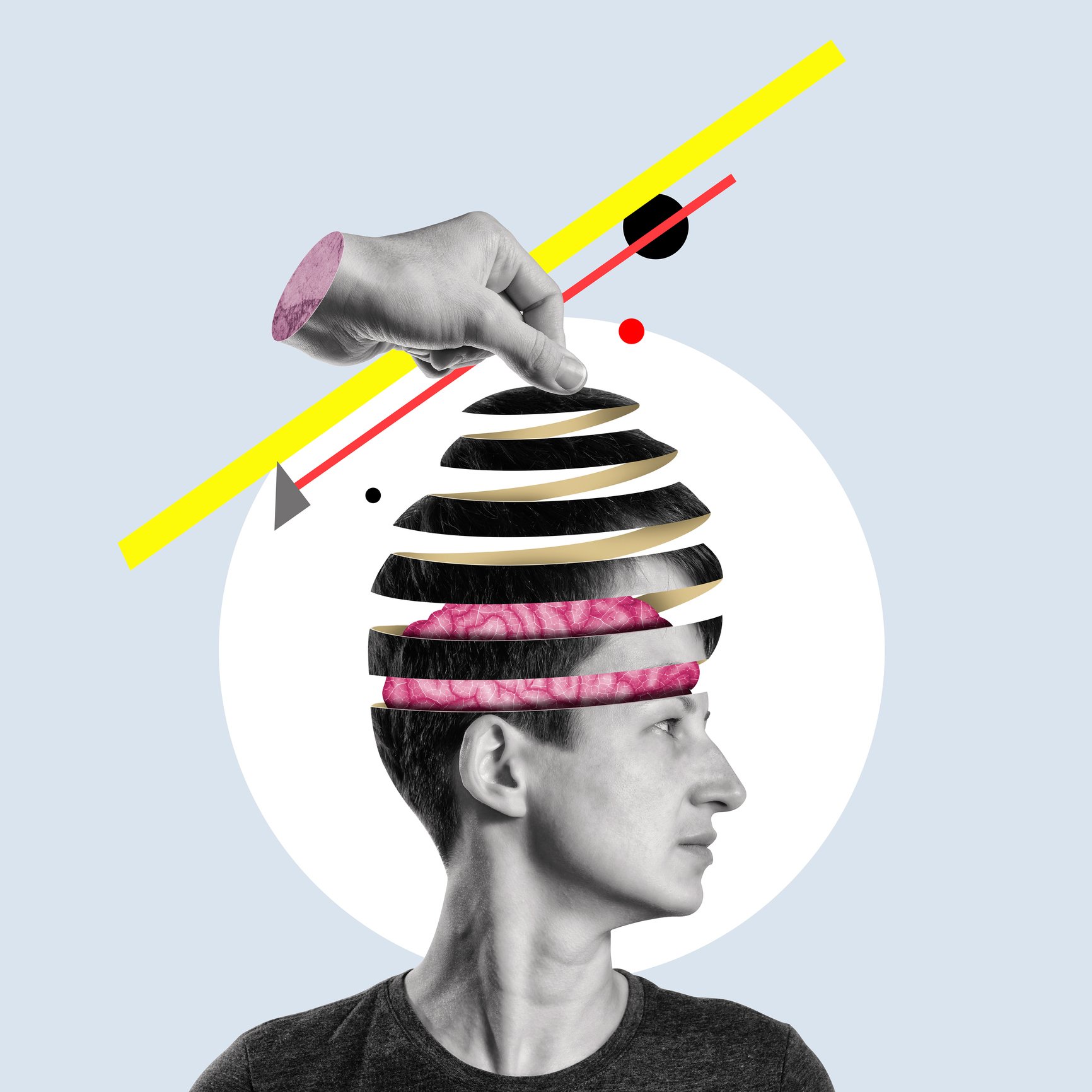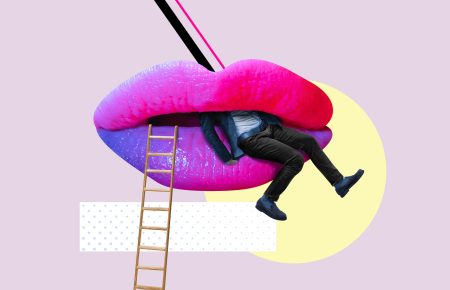Impulsivity—a hallmark trait of neurodiverse conditions such as ADHD and autism spectrum disorder—can be both a blessing and a burden. While impulsivity can lead to creativity, spontaneity, and quick thinking, it can also result in impulsive behaviors that are socially inappropriate or disruptive. For many neurodiverse individuals, the constant effort to hide or control their impulsivity in social settings can be exhausting and draining. In this article, we’ll explore why hiding impulsivity is such a challenging and tiring task for neurodiverse people.
The Pressure to Conform: Society places a significant emphasis on social norms and expectations, which can be challenging for neurodiverse individuals who struggle with impulsivity. They may feel pressure to conform to neurotypical standards of behavior, suppressing their natural impulses in an effort to fit in and avoid drawing attention to themselves. This constant vigilance and self-monitoring can be mentally and emotionally exhausting, leaving them feeling drained and depleted.
Fear of Judgment: Neurodiverse individuals often fear being judged or misunderstood by others due to their impulsive behaviors. They may worry that their actions will be perceived as reckless, irresponsible, or out of control, leading to negative judgments or social repercussions. As a result, they may go to great lengths to hide or mask their impulsivity, even at the expense of their own well-being.
Difficulty with Impulse Control: Impulse control is a core challenge for many neurodiverse individuals, making it difficult for them to regulate their thoughts, emotions, and actions in the moment. While they may recognize the potential consequences of their impulsive behaviors, they may struggle to resist the urge to act impulsively, especially in high-stress or emotionally charged situations. The constant battle to suppress their impulses can be mentally taxing and draining, leading to feelings of frustration and overwhelm.
Inauthenticity and Self-Deception: Hiding impulsivity often requires neurodiverse individuals to adopt a persona or facade that is incongruent with their true selves. They may engage in self-deception, convincing themselves that they are capable of controlling their impulses or adhering to social norms, even when it goes against their natural inclinations. This disconnect between their inner experience and outward presentation can erode their sense of authenticity and self-confidence, contributing to feelings of exhaustion and emotional distress.
Cumulative Stress and Burnout: The cumulative effects of constantly hiding impulsivity can take a toll on neurodiverse individuals’ mental and emotional well-being over time. The chronic stress of suppressing their impulses, coupled with the fear of being judged or rejected by others, can lead to burnout, anxiety, and depression. It’s like constantly wearing a mask to hide their true selves, which becomes increasingly difficult to maintain as the burden becomes heavier.
In conclusion, hiding impulsivity is an exhausting and draining task for neurodiverse individuals, fueled by societal pressures, fear of judgment, difficulty with impulse control, inauthenticity, and cumulative stress. As allies and advocates, it’s essential to create supportive and inclusive environments where neurodiverse individuals feel accepted and valued for who they are, impulsivity and all. By fostering understanding, empathy, and acceptance, we can lighten the burden of concealment and empower neurodiverse individuals to embrace their true selves authentically and unapologetically.








